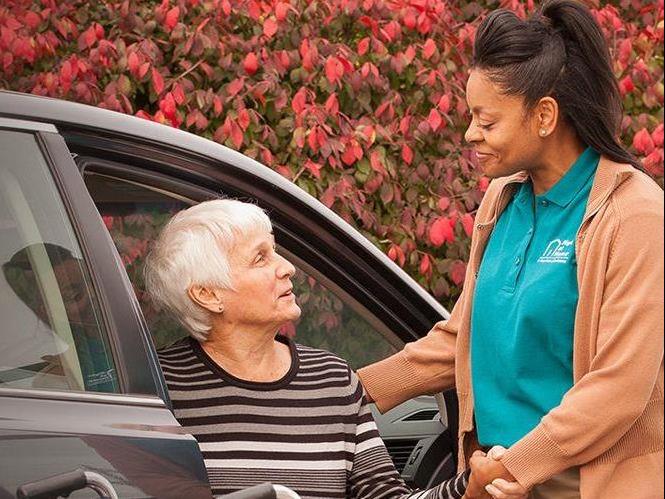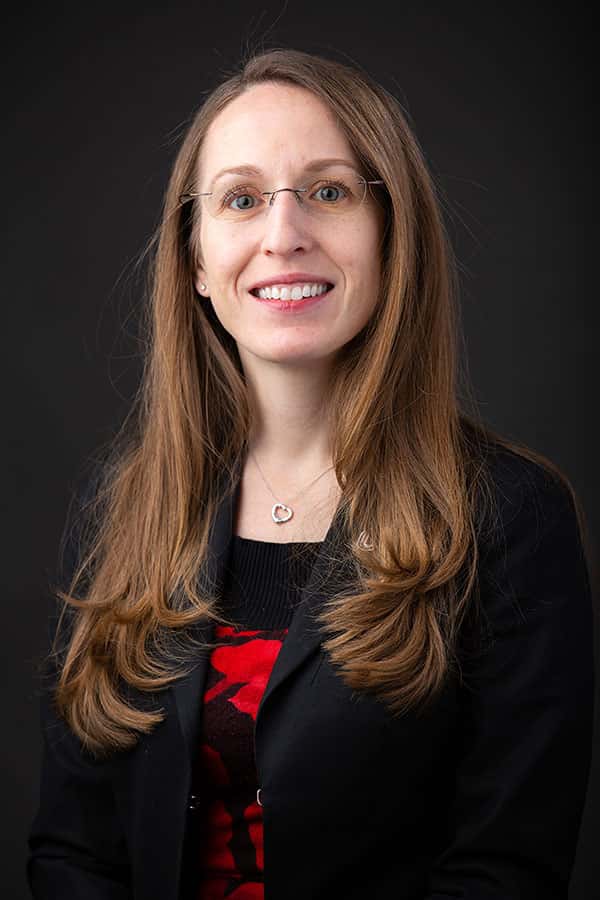

Understanding, Identifying and Addressing Fall Risk in Aging Adults
Understanding, Identifying and Addressing Fall Risk in Aging Adults
Right at Home of Smithtown presents: "Understanding, Identifying and Addressing Fall Risk in Aging Adults," a webinar presented by Julie Blaskewicz Boron, Ph.D., on Wednesday, August 26th, 2020 at 1:00pm EST.
As we age, most adults desire to continue living independently in the community. To do this, it is essential to have the necessary physical, cognitive and psychological skills that are needed to engage in activities in daily life. The risk of falls increases with age, with up to 25% of those aged 65 and older experiencing a fall, and rates increasing to 33% of those aged 85+. The consequences of a fall can be physical and/or psychological, both of which could ultimately impact a person’s ability to remain living independently. Besides the potential for serious injury as a result of a fall, including breaking a bone(s) and possible traumatic brain injury, even falls that do not cause substantial physical harm may lead to psychological consequences, such as increased fear of falling. If a person limits movement as a result of fear of physical injury, it can lead to an increased risk of social isolation, loneliness, and/or depressive symptoms. Fall prevention should be a goal of those who provide care to aging adults in order to help them maintain quality of life. This webinar will discuss the different ways to assess fall risk and how to intervene by implementing various modifications.
This webinar will describe the risk factors for falls and help you be able to identify which clients are at high risk of falling. You will understand care techniques to adopt to prevent falls and be able to identify and remove obstructions that lead to falls in the home. Each qualified attendee will receive one free CEU credit*.
Wednesday, August 26, 2020 - 1:00pm EST

Presenter: Julie Blaskewicz Boron, Ph.D
About the Presenter:
Julie Blaskewicz Boron, Ph.D., is an associate professor in the Department of Gerontology at the University of Nebraska at Omaha. She holds the Leo Missinne Professorship of Gerontology and serves as the Doctoral Program Chair. She is also a member of the Center for Research in Human Movement Variability and an adjunct associate professor in the Department of Biomechanics. As the director of the CAPACITY Lab, she focuses on understanding how to help adults of all ages achieve and maintain their cognitive and physical capacity so they can experience a high quality of life and independent lifestyle. This is with the understanding that each person is different in terms of their capabilities and goals.
* ASWB CE Credit Changes 2018: Beginning September 25, 2018, ASA will no longer be able to issue ASWB CE credits for recorded web seminar attendance. You can only claim ASWB CE credit if you watch the webinar live. We apologize for any inconvenience. This change is due to ASWB ACE Provider distance learning requirements. The webinar is designed for professional referral sources and family caregivers. Eligible healthcare professionals can claim ONE FREE CEU credit within one month of completion of the webinar. This web seminar is approved for AOTA contact hours in addition to CE credits approved for all ASA web seminars.



